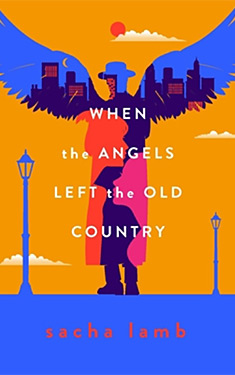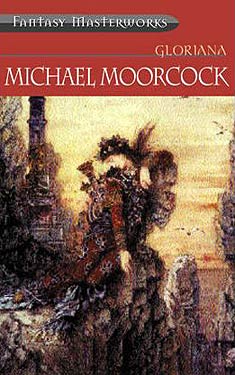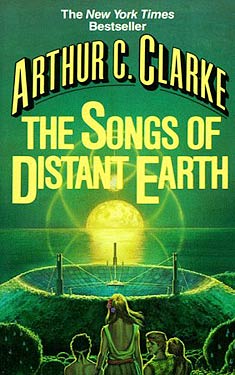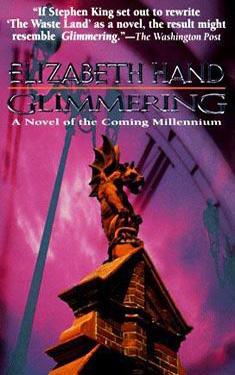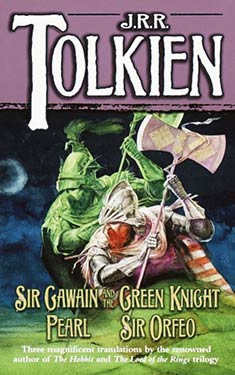Sacha Lamb
Completed 11/25/2023, Reviewed 11/26/2023
5 stars
This was an incredibly delightful novel about a Jewish angel and demon at the turn of the 20th century who travel from the old country to America in search of a missing emigrant from their shtetl. This book won the 2023 Mythopoeic Award as well as several young adult fiction awards, the latter I was surprised by because this book didn’t read YA. It simply had a queer sixteen-year-old girl as one of the major characters. This book is immersed in Jewish tradition and mythology and has the occasional Yiddish words thrown in. Fortunately, at the end of the book, there’s a Glossary of Terms to help with the words. This was one of those books where I fell in love with the main characters and was sad to see it end. But I read it voraciously, in just over two days.
Little Ash is a Jewish demon who studies the Talmud with a Jewish angel. The reason for noting them as Jewish is because there are demons and angels from all the other faiths, a few of whom pop up later in the novel. Little Ash and the angel live in a tiny shtetl (village) that doesn’t even have a name. One day, they hear about a young girl who left for America but her family hasn’t head from her since she left Europe. Since the family can’t afford to go to America, Little Ash decides to go and convinces the Angel to accompany him. In a nearby larger town, a young girl named Rose emigrates to America, even though her best friend who was supposed to go as well, stays in the town because a boy proposes to her. Little Ash, the angel, and Rose cross paths on the ship and end up hanging out together. In addition, Little Ash names the angel Uriel for forged papers purposes, causing a transformation in the angel, for good or for worse. Along the way, they find that the missing girl is just one of many emigrants from the Jewish area of Russia who have been tricked into indebtedness and forced to work for a pittance in factories in New York.
I loved Little Ash and Uriel. They are study partners, but having been studying so long, they are basically in a relationship, albeit, a non-sexual one. But they certainly act like they are an old married couple. Little Ash, despite being a demon, is not your Christian idea of a demon. He’s more of mischief maker than anything else. Uriel, before accepting the name for itself, is kind of an airhead, not remembering much and naming itself for whatever circumstance it’s in. When Uriel accepts the name, at the prodding of the ghost of rabbi, it begins to take on more human characteristics, including remembering things, and having a more difficult time with circumstantial good vs. evil. Both Little Ash and Uriel go through many changes on their journey, including that of their relationship as Uriel becomes more aware of itself and the world. One of my favorite scenes is when the two go to a dance hall with Rose and Uriel develops an intense desire to dance with Little Ash.
Rose is also a great character. She is in love with her best friend, even though she doesn’t understand the feeling, let alone have a name for it. When her friend decides to stay in their hometown to get married, Rose is crushed. Being a strong young woman, she picks herself up and emigrates to America on her own. When she teams up with Little Ash and Uriel, the trip begins to feel more like an adventure, helping her get over her misplaced feelings.
The world building is terrific. It was a little reminiscent of the setting for The Golem and the Jinni in that much of it takes place in immigrant-heavy areas of New York City. The scenes at Ellis Island are devastating, dispelling any fanciful myths about the process of immigration during the European exodus. The scenes on the ship are intense as well, with the overcrowding and the contagious coughs and fevers.
Reflecting on the book a day after finishing it, I realize that it’s not a light book. There are many dark scenes as the experience of immigrants was very difficult. At the same time, there’s a lightness to the book in its supernatural foundation. The banter between Little Ash and Uriel, and subsequently, with Rose, relieves some of the heaviness. The book is not simply depressing, nor is it hysterical. But it is funny and sad and dark and heartwarming. It evoked many emotions in me which I did not expect. It was simply a joy to read. I give this book five stars out of five.
